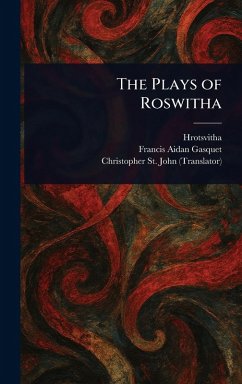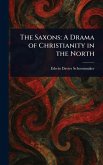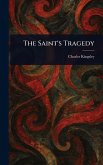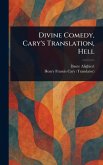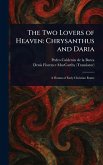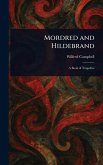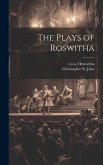Rediscover the brilliance of Hrotsvitha, also known as Roswitha of Gandersheim, the first female playwright of the medieval period. "The Plays of Roswitha of Gandersheim" presents her collection of Christian dramas, originally written in Latin, now accessible in English translation. This collection offers a unique glimpse into the world of religious plays during the early Middle Ages. Explore themes of faith, virtue, and temptation as Roswitha adapts classical dramatic forms to tell stories of Christian saints and martyrs. Her work provides valuable insight into the intersection of literature, religion, and culture in the medieval world. These dramatic works offer a compelling perspective on the spiritual and intellectual life of the time. Perfect for students of literature, history, and religious studies, as well as anyone interested in the origins of European drama, this edition preserves the enduring legacy of a remarkable literary figure. Experience the timeless power of these Christian dramas, offering a window into a formative period of Western culture. This work has been selected by scholars as being culturally important, and is part of the knowledge base of civilization as we know it. This work is in the public domain in the United States of America, and possibly other nations. Within the United States, you may freely copy and distribute this work, as no entity (individual or corporate) has a copyright on the body of the work. Scholars believe, and we concur, that this work is important enough to be preserved, reproduced, and made generally available to the public. We appreciate your support of the preservation process, and thank you for being an important part of keeping this knowledge alive and relevant.
Bitte wählen Sie Ihr Anliegen aus.
Rechnungen
Retourenschein anfordern
Bestellstatus
Storno

